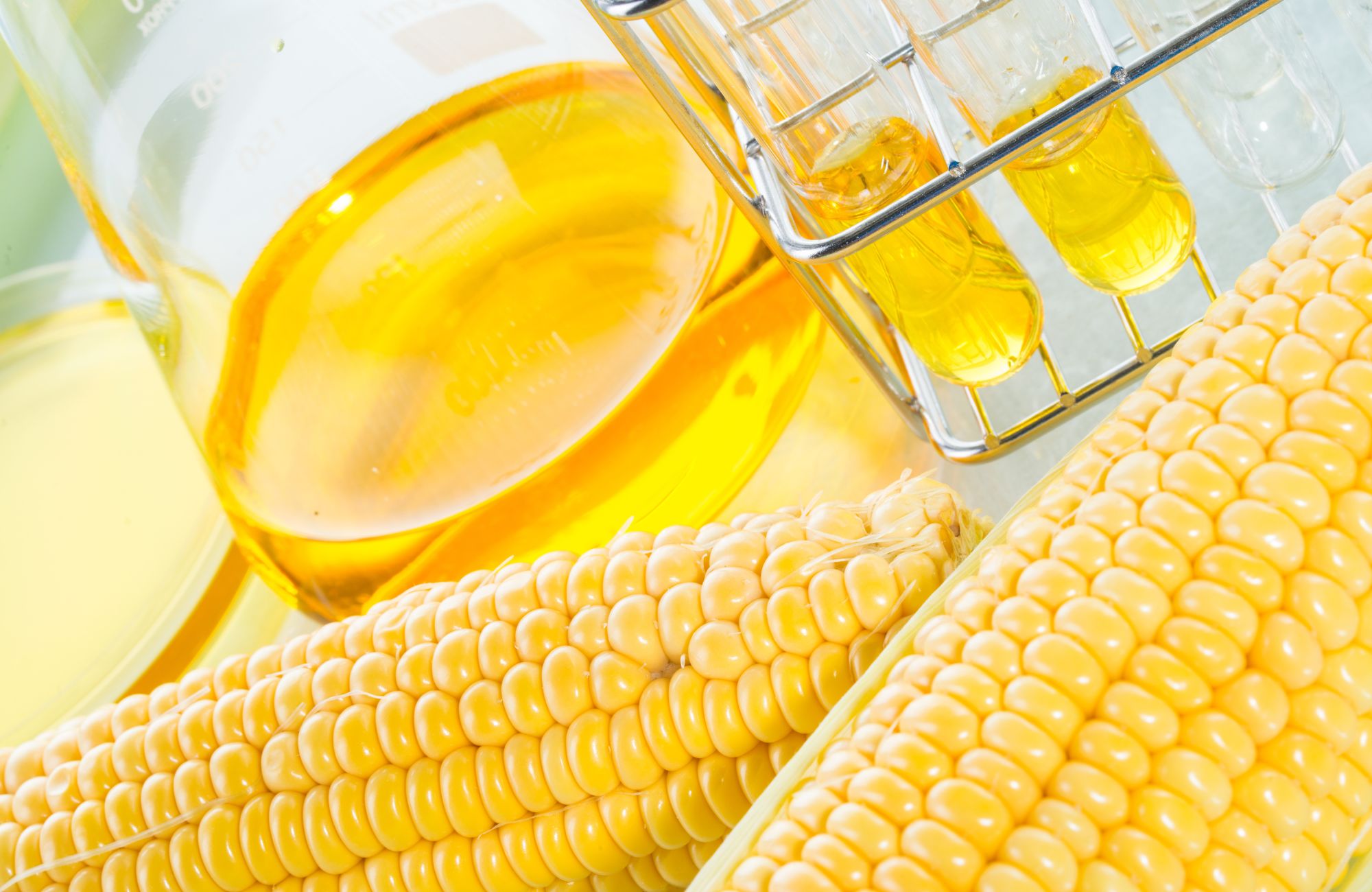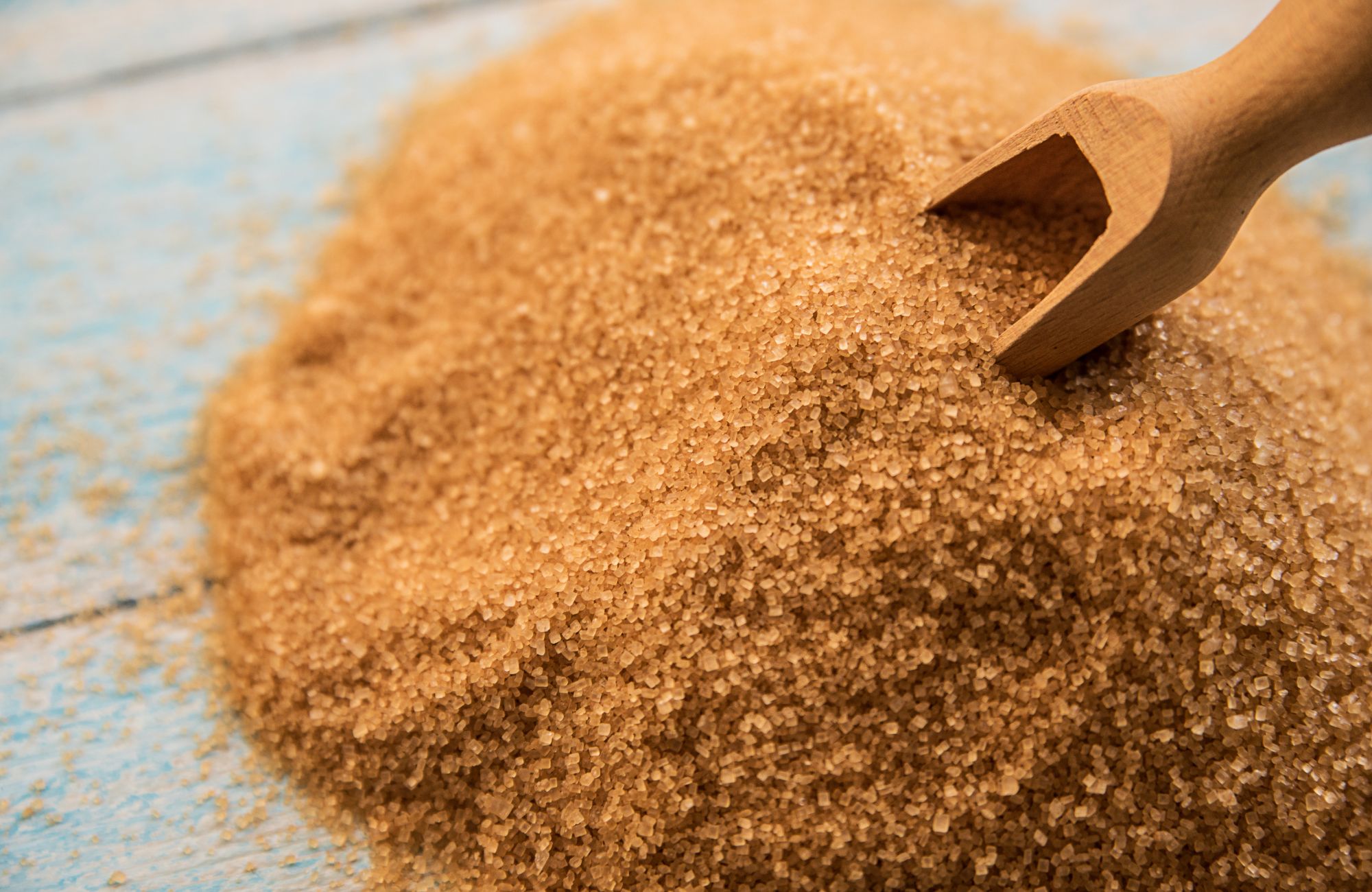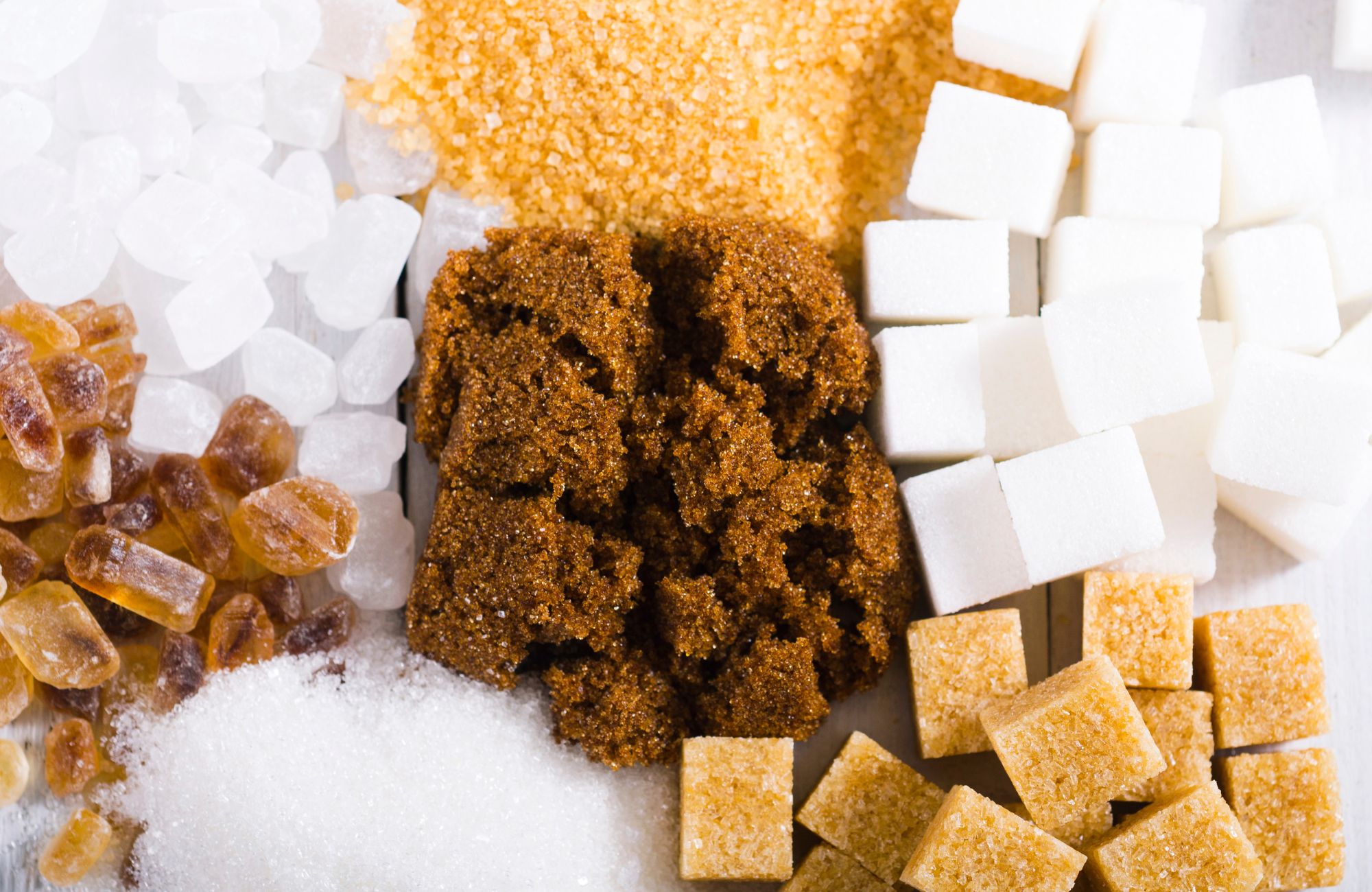
Is Corn Syrup Bad for You?
In today’s food landscape, it’s nearly impossible to avoid corn syrup. This ubiquitous sweetener lurks in everything from your morning cereal to your evening dessert. But as concerns about processed foods and added sugars grow, many consumers are asking: is corn syrup bad for you? Let’s dive into the science, separate fact from fiction, and explore what makes this sweetener so controversial.
What is Corn Syrup?
Corn syrup is a liquid sweetener derived from cornstarch, a carbohydrate extracted from the endosperm of corn kernels. The production process involves breaking down cornstarch into individual molecules of glucose through a process called hydrolysis. This creates a thick, viscous liquid that’s primarily composed of glucose—a simple sugar that serves as the body’s main source of energy.
The creation of corn syrup begins with milling corn to separate the starch-rich endosperm from other components. The extracted corn starch undergoes treatment with acids or enzymes, breaking the complex carbohydrate chains into simpler sugar units. This process yields a clear, sweet liquid that’s then refined and filtered before being incorporated into our food supply.
Unlike unprocessed foods, corn syrup undergoes significant processing before reaching consumers. Regular table sugar (sucrose) differs from corn syrup in its structure, though both ultimately contribute to your overall sugar consumption.
Types of Corn Syrup
Not all corn syrups are created equal. The two main categories include:
Regular Corn Syrup
This is what you’ll typically find on supermarket shelves for home baking. It comes in two varieties:
- Light corn syrup: Features a mild, vanilla-like flavor and clear appearance, commonly used in candy making and baked goods.
- Dark corn syrup: Contains a blend of corn syrup, inverted sugar syrup, caramel coloring, and molasses flavor, giving it a distinctive brown color and richer taste.
High-Fructose Corn Syrup (HFCS)
HFCS is the industrial version found in processed foods and beverages. It undergoes additional processing with enzymes to convert some of its glucose into fructose, making it sweeter. Common forms include:
- HFCS-42: Contains 42% fructose, typically used in processed foods and baked goods
- HFCS-55: Contains 55% fructose, commonly found in soft drinks
- HFCS-90: Contains 90% fructose, often used as a blending agent with other sweeteners
It’s worth noting that regular table sugar (sucrose) is composed of 50% glucose and 50% fructose, making HFCS-55 only slightly higher in fructose content than regular sugar. Both corn sugar (another name sometimes used for HFCS) and table sugar contribute to dietary fructose consumption when included in the diet.
The Rise of Corn Syrup in Our Food Supply
High-fructose corn syrup (HFCS) entered the American food market in the 1970s, quickly gaining popularity due to its cost-effectiveness, as corn is heavily subsidized in the U.S. Food manufacturers favored HFCS for its longer shelf life, ability to enhance flavor and texture, stability in acidic foods and beverages, and ease of transportation and storage. It became a common ingredient in soft drinks, baked goods, condiments, and canned foods, where it helps preserve freshness and maintain consistency.
The impact was significant—HFCS rose from just 1% of caloric sweeteners in the U.S. food supply in the 1970s to 42% by 2004. The average American’s fructose intake increased from 37 grams per day in the late 1970s to nearly 55 grams by 2008, making up over 10% of total daily calories. Among teenagers, this number climbed to 73 grams per day. Health experts, including the American Diabetes Association, warn that rising consumption of added sugars, particularly from HFCS, correlates with increasing rates of obesity, diabetes, and other metabolic disorders.
How Your Body Processes Corn Syrup
The health concerns surrounding corn syrup, especially high-fructose varieties, stem from how the body processes different types of sugar.
Glucose Metabolism
Glucose enters the bloodstream and triggers insulin release, which helps cells absorb it for energy. Nearly every cell in the body can metabolize glucose, making it the preferred energy source, particularly during physical activity.
Fructose Metabolism
Unlike glucose, fructose is processed almost exclusively by the liver, leading to several metabolic consequences:
- When overwhelmed, the liver converts excess fructose into fat, potentially increasing liver fat.
- This process can lead to elevated triglycerides and fat accumulation in the liver.
- Fructose does not trigger satiety hormones like glucose, making it harder to regulate appetite.
- It may increase uric acid production, which has been linked to gout and other inflammatory conditions.
This metabolic difference is especially concerning when fructose is consumed in liquid form, such as in sodas. Liquids bypass digestive mechanisms that normally slow sugar absorption and trigger satiety signals, making overconsumption more likely.
Health Concerns Associated with Corn Syrup
Obesity and Weight Gain
The rise in HFCS consumption parallels America’s obesity epidemic, though correlation does not prove causation. However, research suggests fructose may fail to stimulate leptin, the hormone that signals fullness, and is less effective than glucose at controlling appetite. Liquid calories from sweetened beverages bypass normal satiety signals, making overconsumption easier, while HFCS-rich foods are often high in calories but low in nutrients. A key concern is fructose’s role in increasing visceral fat, the harmful fat around organs linked to metabolic syndrome, heart disease, and diabetes.
Liver Health and Fatty Liver Disease
Excessive fructose consumption strains the liver, increasing liver fat more than glucose. A Journal of Hepatology study found that sucrose-sweetened drinks significantly raised liver fat in just six months. Non-alcoholic fatty liver disease (NAFLD) now affects 25% of Americans and can progress to inflammation, scarring, and liver damage. Even moderate, regular fructose intake may harm liver cells over time, highlighting concerns about widespread consumption in processed foods and beverages.
Insulin Resistance and Diabetes
Regular high fructose consumption may contribute to insulin resistance, making cells less responsive to insulin and raising blood sugar levels. It can impair insulin sensitivity, disrupt signaling pathways, and increase uric acid, which may further hinder insulin regulation. While research is ongoing, experts suggest that excessive intake could pose risks for blood sugar control and metabolic health.
Cardiovascular Health Implications
Consuming too much corn syrup may increase the risk of heart disease by raising blood fats (triglycerides), contributing to high blood pressure, and causing inflammation that harms blood vessels. Research shows that diets high in fructose can quickly raise triglyceride levels, a key risk factor for heart problems. To protect heart health, the American Heart Association suggests limiting added sugar to no more than 6 teaspoons per day for women and 9 teaspoons for men, far less than what many people get from sugary drinks and processed foods.
Inflammation and Metabolic Syndrome
Too much corn syrup may contribute to inflammation, which is linked to various health issues. Excess fructose can raise inflammatory markers, promote compounds that damage cells, and accelerate aging and disease. Some studies connect high fructose intake to conditions like arthritis, certain cancers, and metabolic syndrome, which includes high blood pressure, excess belly fat, and abnormal cholesterol. While all added sugars can cause inflammation in excess, fructose may be especially concerning due to how the body processes it.
Is Corn Syrup Safe in Moderation?
The critical question isn’t whether it is inherently “bad,” but rather how much is too much. The real concern with it isn’t whether it’s bad but how much is too much. Having it occasionally isn’t likely to cause harm, but problems arise when it becomes a daily habit, especially through sugary drinks and processed foods. Too much added sugar can affect overall health, leading to issues like weight gain and energy crashes. Being mindful of sugar intake can help support better long-term well-being.
How to Reduce Corn Syrup in Your Diet
If you’re concerned about corn syrup intake, here are practical steps to reduce it:
- Read food labels carefully: Look for “corn syrup” and “high-fructose corn syrup” in ingredient lists. Ingredients are listed by weight, so those at the top are in higher amounts. Be aware that “corn sugar” may sometimes be used instead.
- Limit sugar-sweetened beverages: Replace sodas with water, unsweetened tea, or infused water. Drink fruit juice in moderation due to its high sugar content.
- Choose unprocessed foods: Fresh fruits, vegetables, whole grains, and lean proteins rarely have added sugars. Cooking at home helps control ingredients and sugar intake.
- Make homemade versions of processed foods: Prepare salad dressings, sauces, and baked goods at home. This lets you control the type and amount of sweetener used.
- Consider alternative sweeteners: Artificial sweeteners have pros and cons but may be an option for some. Natural options like stevia provide sweetness with fewer calories.
Conclusion
Corn syrup, particularly high-fructose corn syrup (HFCS), plays a significant role in the food industry and is a key ingredient in many products. While excessive consumption, especially from sugary drinks and processed foods, has been linked to health concerns like weight gain, insulin resistance, and metabolic issues, it remains a widely used and effective sweetening solution. Moderation and informed choices are essential for maintaining a balanced diet while still enjoying the benefits of it in food production.
At US Sweeteners, we offer a full range of high-quality sweeteners, including high-fructose corn syrup, liquid sugars, and other bulk sweeteners to meet the needs of food and beverage manufacturers. With reliable supply and competitive pricing, we help businesses create the perfect formulations for their products. Contact us today to learn more about our sweetener solutions.
FAQs
Is corn syrup worse than sugar?
Regular table sugar and high-fructose corn syrup are nutritionally similar, with HFCS containing slightly more fructose (55% vs 50% in table sugar), but both affect your body in largely the same way and should be limited in a healthy diet.
Should you avoid corn syrup?
Complete avoidance isn’t necessary for most people, but limiting intake is wise since excessive consumption is linked to obesity, liver problems, and increased risk of diabetes and heart disease.
Is there a healthy version of corn syrup?
No truly “healthy” version of it exists, as all varieties provide empty calories without beneficial nutrients, though regular corn syrup has less fructose than HFCS, making it marginally better in very limited quantities.
What is healthier honey or corn syrup?
Honey is generally healthier than corn syrup because it contains trace amounts of vitamins, minerals, antioxidants, and beneficial enzymes that corn syrup lacks entirely. Unlike corn syrup’s empty calories, honey offers some nutritional benefits and has a slightly lower glycemic index, though both should still be used in moderation as they are concentrated sources of sugar.



Leave a Reply